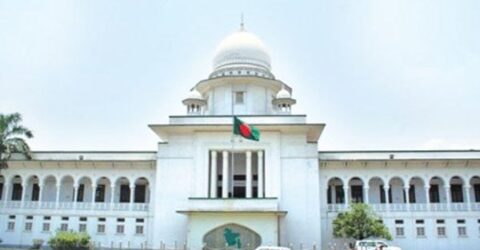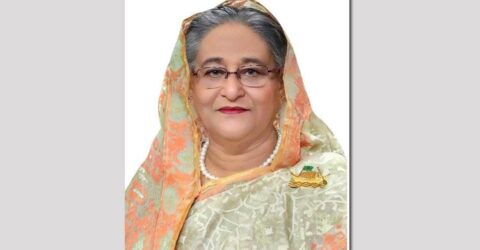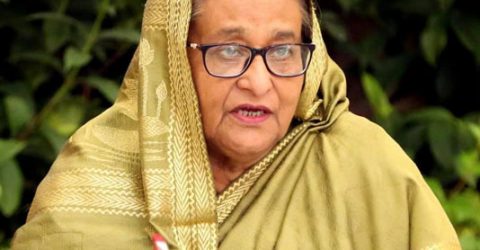The government is working in a coordinated manner to prevent land degradation
The Bangladesh The Bangladesh
Today

Environment, Forest and Climate Change Minister Md Shahab Uddin said the government is working in a coordinated manner to reduce land degradation to zero using sustainable land use technology as planned. As a signatory to the Rio Convention, Bangladesh is committed to preventing desertification, land degradation and drought, biodiversity conservation and climate change. He said the project is being implemented to create sustainable land use data to update the land use map, identify the causes and indicators of land degradation, prevent erosion, mitigation or reuse. Based on the information generated, it will formulate the roadmap for building a promised decay-free Bangladesh by 2030.
The Environment Minister said this while speaking as the chief guest at the third interim workshop of the project titled “Establishing National Land Use and Land Degradation Profile Towards Mainstreaming Sustainable Land Management Practices in Sector Policies” at the Department of Environment in Dhaka on Thursday (March 4).
The Environment Minister said an average of 69 thousand hectares of arable land in the country is being used for non-agricultural purposes every year. Work is underway to create a rich database for determining the indicators or areas of mitigation of land degradation in Bangladesh and for effective monitoring and evaluation planning. The Department of Agricultural Extension, the Soil Resources Development Institute, the Barind Multipurpose Development Authority and the Center for Environmental and Geographical Information Systems is working in partnership with the Department of Environment as part of the integrated initiative. Investment in degraded land will create local employment and provide an opportunity for the people of this country to fight for survival, which in turn will strengthen national security and sustainable future development.
“If we do not make appropriate changes in the current land management, there will be more people at risk in the future,” he said. Poor people will have no choice but to immigrate. We need to ensure the use of land consciously to meet the demand for vital elements of life. To this end, capacity building, training programs, scientific research and initiatives are being taken to raise awareness about the financial, social and environmental benefits of sustainable land management policies and uses. Through this project, we will get some basic information on the basis of which we will be able to move forward by identifying the areas of land degradation in this country.
Deputy Minister for Environment, Forests and Climate Change Begum Habibun Nahar, Secretary Ziaul Hasan NDC, Project Director Dr Muhammad Sohrab Ali and Project Coordinator Jalal Mohammad Sohaib spoke at the workshop chaired by Director General of the Department of Environment AKM Rafique Ahammed. Representatives of various ministries, agencies and universities concerned with the land expressed their views at the workshop.




